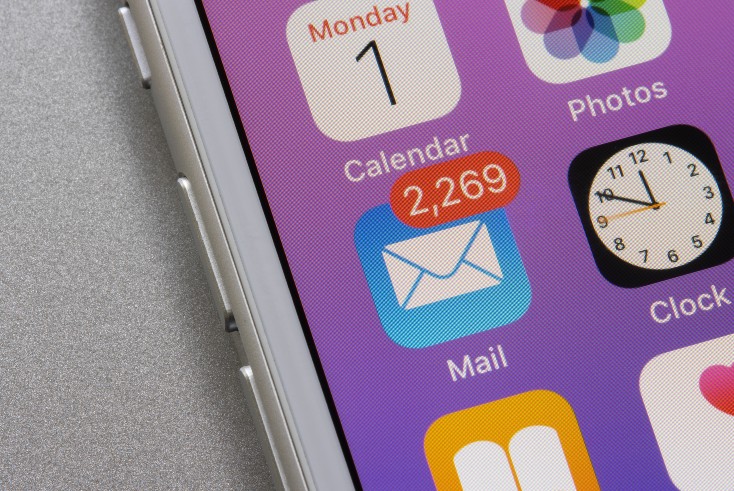Newsletters could be next challenge for publishers as AI comes to Apple

Following concerns that generative-AI summaries could negatively affect publishers’ traffic from search, AI integrations into email are now placing publishers’ newsletter strategies at risk too.
At Apple’s Worldwide Developers Conference on Monday, the tech giant revealed its new AI tool, dubbed “Apple Intelligence”, and how, alongside a partnership with OpenAI’s ChatGPT, it will be integrated into its suite of apps.
That includes in Safari, where web pages can be summarised using AI, but also in the Mail app, which will soon allow users to use Apple Intelligence to help draft, categorise and summarise emails in “digests”.
Google previously announced that it was integrating similar features through its Gemini AI model, also allowing users to produce summaries of emails.
According to email analytics company Litmus, among email clients, Apple Mail and Gmail have a combined market share of 83% as of May.
Analysis: The next shoe to drop?
The result will likely be a more consumer-friendly email experience. But for marketers and publishers that use newsletters to communicate directly to audiences, the changes could make a material impact at a time when search and social media traffic has already been under threat.
While search engine results pages (SERP) were previously a “predictable refuge” for publishers, the use of AI summaries suggests “the writing’s on the wall”, Mike Donoghue, CEO of SMS platform Subtext, told The Media Leader.
This development has received greater attention from publishers, but the threat of AI upending email is similarly stark.
“The truth is this same sort of distillation of content for users is coming to email as well,” said Donoghue. “As they roll something like Gemini out to [Gmail], you can see a scenario where you open up Gmail one day and there’s sort of a distillation of all of your emails and subscriptions. No need to click into those, no need to consume advertising associated with those.
“I think that’s sort of the next shoe to drop.”
Google Search’s ‘AI Overview’ a threat to journalism, warns NMA chief
To adapt to dips in search and social traffic, publishers have spent recent years developing alternative audience strategies, primarily through “building the brand relationship” through newsletters and phone apps, as Times head of audience development Leonie Roderick has described.
Roderick went so far as to call newsletters “a product in and of itself” and “a very important way to keep people engaged with the brand”.
Other alternatives include testing direct-messaging options such as WhatsApp and Donoghue’s Subtext. Donoghue said he has seen an estimated 40% uptick in the number of publishers expressing interest in joining the platform since Google’s AI Overviews were announced last month.
The goal is to both drive regular traffic and reduce subscription churn, while picking up additional data points for users.
World Media Group CEO Jamie Credland, who has previously said changes to Google search to integrate AI Overviews “confirm the worst fears of publishers“, agreed there could be “a potential knock-on effect for newsletters”.
He also warned that Apple’s new partnership with OpenAI, which makes ChatGPT the default integration across its devices, puts any publisher attempting to work with competitors like Anthropic and Meta’s Llama (or use them as a negotiating point in signing potential deals with OpenAI) “at a big disadvantage”.
Big Tech intermediaries
The issue once again comes down to publishers’ reliance on Big Tech to communicate with audiences. Not only are Google and Apple dominant players in web browsers and (in the case of the former) search results, but they also control how users interact with email.
“Media companies are looking at email as a sort of refuge and they’re just stepping into another arena with a Big Tech intermediary, who’s going to be playing gatekeeper between your audience and your content,” argued Donoghue.
As Boston Globe vice-president of platforms and research and development Matt Karolian noted last year, both Apple and Google have already made changes to their email clients in recent years that have adversely impacted publishers, including through disrupting analytics in the service of privacy and automatically sorting emails into categories that optimise against newsletters.
Credland added: “As with the App Store, the Google SERP and the Facebook news feed, publishers once again don’t own the means of distribution and are going to have to be very careful about how they interact with OpenAI.”
Washington Post explores ‘flexible’ payments amid editor change




